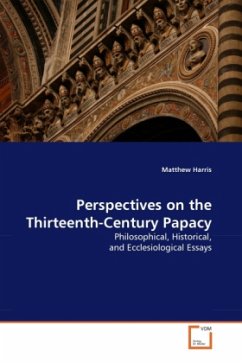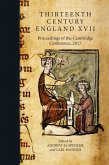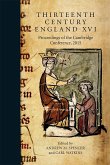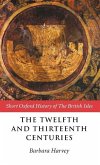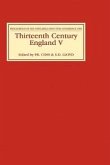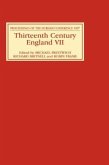This book is a collection of essays looking at the thirteenth-century papacy situated in the history of ideas, particularly in relation to ecclesiology. The extent to which Christians in the thirteenth century adhered to a hierocratic notion of the papacy is explored from a variety of different standpoints: from papal publicists such as John of Paris, to the Greek Church, to the 'average' Christian within Western Christendom during this time. Philosophical tools, as well as historical methods, are employed to help analyse the idea that the hierocratic theory was globally accepted in its day, assumptions made by some modern historians. In addition, the ideas of Joachim of Fiore are held up to scrutiny in order to see just how far modern estimations of his orthodoxy on issues of ecclesiology are correct.
Bitte wählen Sie Ihr Anliegen aus.
Rechnungen
Retourenschein anfordern
Bestellstatus
Storno

